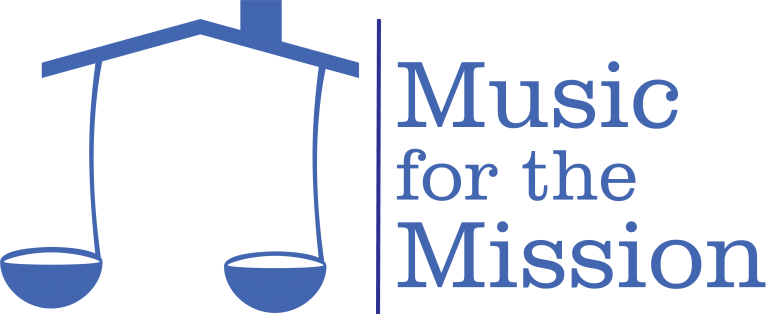A Guide to New York State Workers’ Compensation Laws: Every day, workers become injured on the job. When an employer has workers’ compensation benefits, the employee who becomes hurt while performing job-related tasks can receive cash benefits. Unfortunately, obtaining workers’ compensation benefits can be complicated, especially if the employer or insurance company is uncooperative. Having a basic understanding of New York workers’ compensation laws can help you file your claim. The best thing you can do after becoming injured on the job is to discuss your case with an experienced New York workers’ compensation lawyer.
How Does Workers’ Compensation Work?
Under New York law, employees have a right to receive workers’ compensation benefits when they are acutely injured, contract illnesses, or develop an injury at the workplace. The purpose of providing workers compensation benefits is to help employees who were injured while on the job recover and return to gainful employment as soon as they can after an illness or injury. In exchange for receiving workers’ compensation benefits, employees give up the right to bring a lawsuit against their employer for negligence.
The goal of workers’ compensation benefits is to protect workers and limit litigation fees. Unfortunately, workers do not always receive the total amount of guaranteed benefits under New York law. Even if it is clear that the employee was injured at work, insurance companies and employers may try to delay an employee’s claim to workers’ compensation or ignore it.
Am I Entitled to Workers’ Compensation?
Under New York state law, all employees who become injured on the job are entitled to workers’ compensation benefits. The cause of their injuries is not relevant. However, it can be difficult to obtain workers’ compensation benefits because insurance companies may deny your claim to avoid paying you. You will need to prove that your injury, illness, or disability occurred during your employment. The application process can also be challenging. If you were injured on the job and wondering if you are eligible for benefits, the employment lawyers at Stanley Law Offices are here to help.
Workers’ Compensation vs. a Personal Injury Lawsuit
Discussing your workers’ compensation case with the lawyer can help you protect your right to benefits. In some cases, bringing a lawsuit against your employer may be the better option. For example, filing a workers’ compensation lawsuit allows an employee to recover damages for all of their medical expenses, lost income, loss of future earning capacity, and any other financial damages they have suffered. Additionally, employees can recover damages for the pain and suffering they have endured from their injury in a personal injury lawsuit. There is no way for employees to recover damages for pain and suffering through a workers’ compensation claim.
What Type of Benefits Can I Receive Through Workers’ Compensation?
Many New York employees are not aware of the different types of benefits they may be entitled to when filing a workers’ compensation claim. If you are injured on the job, and your employer carries workers’ compensation insurance, you may be entitled to benefits such as:
Weekly Cash Disability Benefits
If you cannot work because of your injury or illness, you can receive weekly cash benefits equal to two thirds of your average weekly wage. When calculating your weekly benefits, you should include all of your earnings, including bonuses, overtime, and second jobs, to determine your average weekly wage.
Schedule Loss of Use (SLU)
If you have lost a limb in a job-related accident, you may be entitled to an additional cash award. Even if you have returned to work, you can receive an additional cash SLU award if you suffered a permanent injury to an arm, elbow, shoulder, hand, wrist, finger, hip, knee, leg, ankle, foot, or toe. Workers can also receive an additional SLU award if they have a permanent loss of vision, facial disfigurement, or hearing loss. The amount of cash depends on the degree of permanent disability and the body part.
Medical Benefits
Your employer is required to pay for all reasonable and necessary medical care related to your workplace accident. They must pay for hospital care, emergency room visits, diagnostic testing, doctor’s visits, medications, physical therapy, medical equipment, and rehabilitation. We recommend keeping all of your medical records and receipts so you can easily prove that you need to be reimbursed for your medical treatment.
Lump-Sum Section 32 Settlement
In some cases, the insurance company providing workers’ compensation benefits may decide to offer you a lump sum buyout of your entire claim. Instead of providing you with weekly cash payments, they may provide you with a one-time lump sum of cash. These types of lump-sum buyouts are referred to as “Section 32 Settlements.” Section 32 settlements are negotiated after an injured worker has completed most of his or her medical care or reached the maximum medical improvement for his or her specific condition.
When an injured worker needs a lifetime of ongoing medical care, the insurance company may negotiate a buy-out of only the employee’s weekly cash benefits. As a result, the employee will preserve the medical insurance. A lump-sum payout can be beneficial in some cases. However, insurance companies frequently try to take advantage of the injured workers and may offer a settlement amount that is too low.
We recommend discussing your case with an employment lawyer before you agree to any type of settlement offer. At Stanley Law Offices, we will advise you as to whether the offer is fair. We can also negotiate aggressively with the insurance company to obtain the best offer possible.
Discuss Your Case With an NY Employment Lawyer
Have you been injured on the job in New York? If so, you may be entitled to workers’ compensation benefits or compensation through a personal injury lawsuit. Contact Stanley Law Offices today to discuss your case with one of our skilled employment lawyers.














